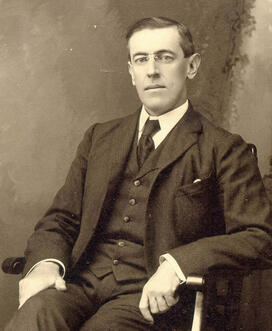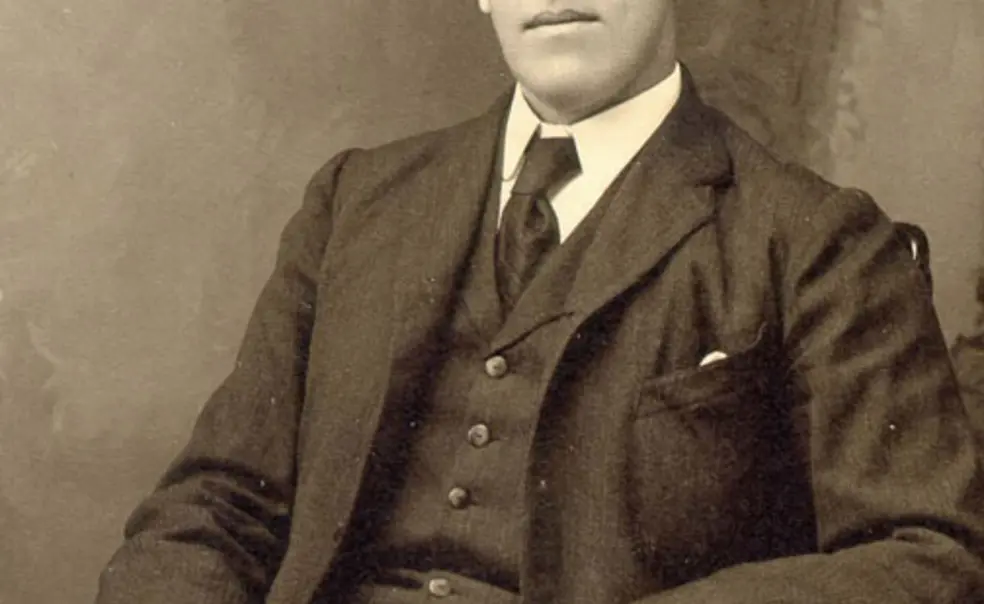Assessing Wilson's educational vision
What would the former University president think of Princeton today?

Given the enduring importance Woodrow Wilson 1879 had on Princeton’s development as a national research university, it is natural to ask what the University’s 13th president would think of Princeton if he could see it today. That question provided a subtext for a two-day conference, “The Educational Legacy of Woodrow Wilson: New Approaches,” held Oct. 16–17 at the Woodrow Wilson School.
The conference was organized by two scholars who have studied Wilson’s educational legacy in depth. James Axtell, a retired professor of history at the College of William & Mary, is the author of The Making of Princeton University: From Woodrow Wilson to the Present (Princeton University Press). John Milton Cooper ’61 is a professor at the University of Wisconsin and the author of the highly praised book Woodrow Wilson, A Biography (Knopf).
In welcoming remarks, President Tilghman credited Wilson with having transformed Princeton from a “finishing school for Southern gentlemen” into a serious, intellectual university. That theme was echoed by several of the conference participants. Mark Nemec, a vice president at Forrester Research in Cambridge, Mass., suggested that Wilson advanced the idea of a burgeoning American state in which the leading universities would play an integral part. Wilson, he said, “saw higher education not just as serving the state, but in helping to define it.”
On the other hand, in a panel discussion with University archivist Daniel J. Linke and Edward Tenner ’65, a scholar and former editor at the Princeton University Press, author W. Barksdale Maynard ’88 struck a more pessimistic note, suggesting that Wilson would be unhappy with many aspects of undergraduate education today, particularly a decline in close analytical reading, larger preceptorials, and increased academic specialization.
Wilson School professor Stanley N. Katz closed the conference by applauding Princeton’s focus on undergraduate education, but suggested that Wilson would have decried the University’s “comparatively ineffective” approach to making civic engagement part of student life.
At the end of the conference, Katz wrote in a follow-up blog for The Chronicle of Higher Education, “I was mostly struck by how hard it is in the 21st century to maintain Wilson’s admirable and coherent educational vision.”












No responses yet